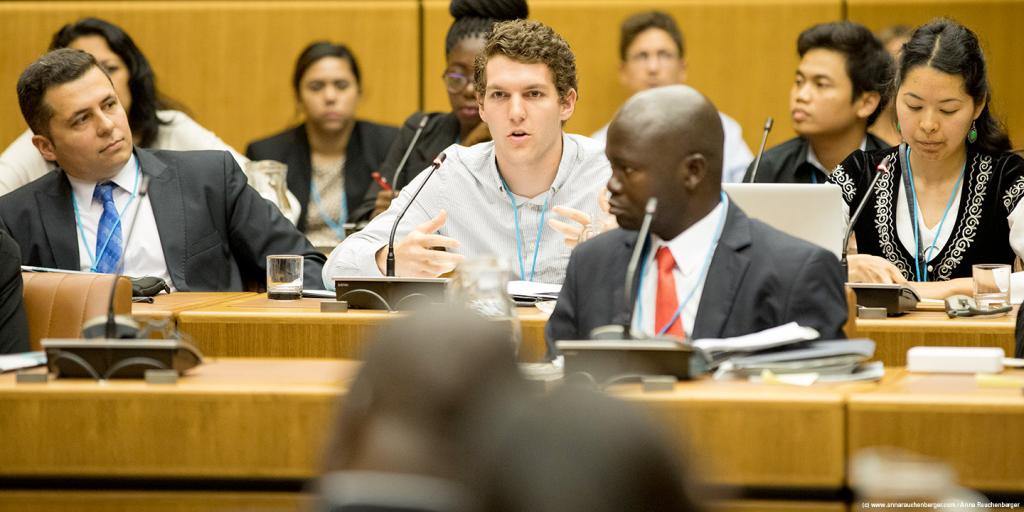New threats, risks and technologies are converging with the proliferation of conflicts and the rise of new actors, practices and tools on the international stage. At such a time of radical uncertainty, diplomacy, policy-making and negotiation are urgently jointly needed to respond to current and emerging challenges such as hybrid warfare, synthetic biology, migration and biodiversity loss. Digital technologies are leading to a new virtual domain of warfare, while autonomous weapons, augmented reality and artificial intelligence raise unprecedented questions for negotiation and policy-making for private and public actors.
Similarly, today more than ever, geopolitics is not limited to diplomats. Business leaders, civil society and non-profit professionals urgently need new ways to think and read the world and new practices and tools to influence and govern it. Anticipation is becoming a critical skill for professionals and organisations to adapt to this rapidly-changing world.
Building on the sixteen editions of the INP, this new, fully-revamped programme sits at the nexus of the three key roles on the international stage, in particular from the perspective of anticipation: participants strengthen their diplomacy, negotiation and policy skills through an applied learning approach with real-world case studies, foresight projects, publications, negotiation simulations and networking.
In this new world of diplomacy, players must be able to synthesise many existing diplomatic skills with the leadership attributes present in corporate and civil society. This will require a need to go beyond traditional diplomatic training that historically has put an emphasis on writing memos and communications. – said Mohamed Mahmoud Mohamedou, Deputy Director of the Geneva Graduate Institute and Director of Executive Education
More information about the programme: graduateinstitute.ch/diplomacy


